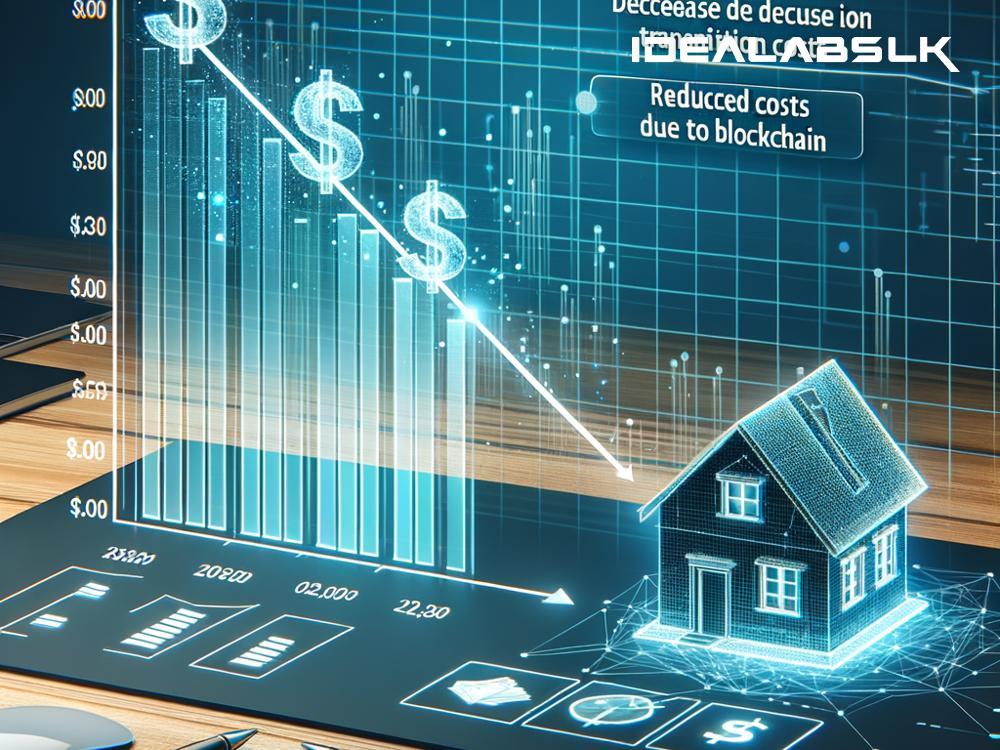Unlocking the Future: How Blockchain is Paving the Way for Cost Reduction in Real Estate
In the ever-evolving world of real estate, one technology stands out for its potential to revolutionize how we buy and sell properties: blockchain. While the concept might evoke images of cryptocurrencies like Bitcoin, blockchain's influence stretches far beyond the financial sector. Its application within the real estate market promises not just to streamline transactions but to significantly reduce costs for both buyers and sellers. Let's unwrap this complex idea and understand how blockchain is making waves in real estate.
What is Blockchain, Anyway?
Imagine a digital ledger that's not stored in one central location but distributed across a network of computers. This ledger records transactions in blocks, and once full, these blocks are chained together in chronological order. The beauty of blockchain is its transparency and security—once a transaction is recorded, it's nearly impossible to alter without the consensus of the network. This characteristic alone offers a transformative solution for real estate transactions.
The Costly Quagmire of Real Estate Transactions
Buying or selling a property comes with a hefty side order of fees and charges. From real estate agent commissions, legal fees, closing costs, to several other administrative fees, these expenses can significantly inflate the overall cost of transactions. Moreover, the complex paper trail required for property transactions not only adds to these costs but also stretches the time frame for closing deals. Herein lies the potential of blockchain to revamp this cumbersome and costly process.
How Blockchain Brings Down Costs
1. Reducing Middleman Fees
Blockchain facilitates direct transactions between buyers and sellers, potentially rendering many intermediary services redundant. By cutting out middlemen, or at least minimizing their roles, both parties stand to save on the commissions and fees that are typically part of real estate transactions.
2. Streamlining the Process
The traditional process of buying or selling property is paper-heavy and involves various stakeholders, including lawyers, banks, and real estate agents. Blockchain introduces the possibility of digitizing these transactions, making them faster, more efficient, and less prone to human error. This efficiency not only shortens the time frame of the transactions but also reduces the costs associated with document handling and verification.
3. Enhancing Security and Transparency
Fraud and errors can be costly, leading to legal battles and additional verification processes. Blockchain's inherent security features minimize these risks. Each transaction on a blockchain is verified by the network, reducing the likelihood of fraud. Additionally, the transparency of blockchain ensures that all parties have access to the same information, minimizing disputes and the need for costly intermediaries.
4. Tokenization of Assets
Blockchain introduces the concept of tokenization, where the value of a real estate asset is divided into tokens that are sold to investors. This not only makes real estate investment more accessible but also reduces the costs associated with property transactions. By buying tokens, investors essentially own a stake in the property without having to deal with the traditional buying process, which includes hefty fees and taxes.
Real-World Applications and Success Stories
Several projects around the world are already harnessing the cost-cutting potential of blockchain in real estate. Companies are using blockchain to facilitate everything from property sales to investment pooling, showing tangible reductions in transaction times and costs. For instance, platforms like Propy are allowing users to purchase real estate online using blockchain, dramatically cutting down on the need for physical paperwork and in-person verification.
The Road Ahead
While the benefits of blockchain in real estate are clear, widespread adoption faces several hurdles. Regulatory challenges, the need for technological infrastructure, and industry acceptance are significant barriers. However, as technology advances and more success stories emerge, the real estate sector is likely to warm up to the idea of a blockchain-driven transformation.
Conclusion
Blockchain technology promises a revolution in the real estate sector by making transactions more secure, transparent, and cost-effective. By eliminating unnecessary intermediaries, streamlining processes, and enhancing security, blockchain can significantly reduce the costs associated with buying and selling properties. As we move forward, the integration of blockchain in real estate could not only democratize property investment but also make the dream of homeownership more accessible to many. The future of real estate is on the cusp of change, and blockchain is leading the charge.
TL;DR
Blockchain technology offers a groundbreaking solution to the high costs and inefficiencies plaguing the real estate industry. By enabling direct, secure, and transparent transactions, it reduces the need for intermediaries, cuts down on fraud, and streamlines the entire buying and selling process. With real-world applications already demonstrating its potential, blockchain could soon redefine the landscape of real estate transactions, making them more accessible and cost-effective for all.

